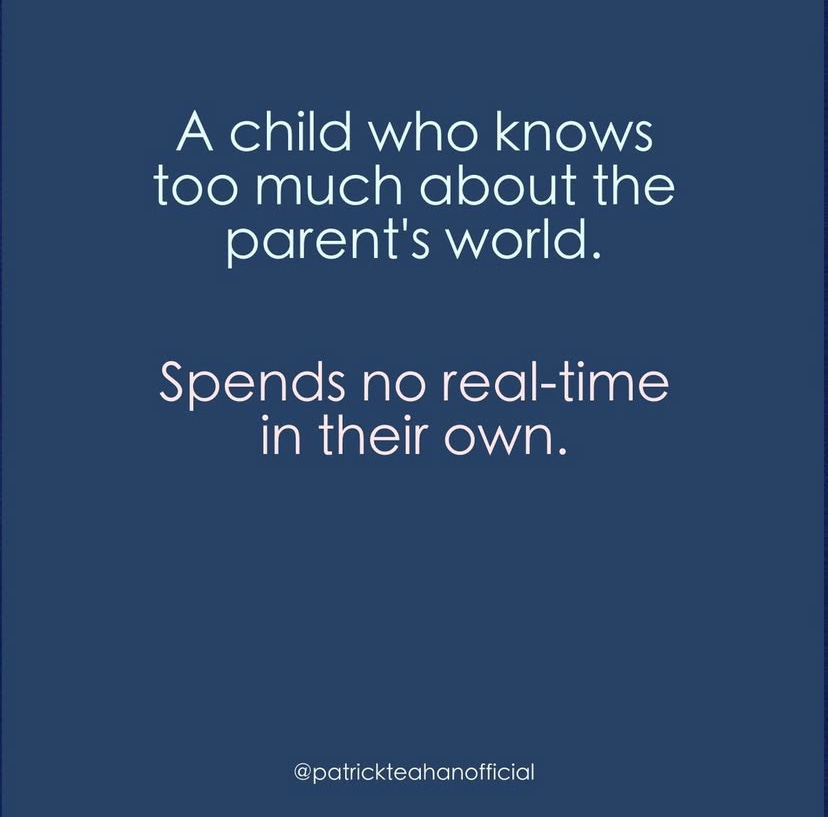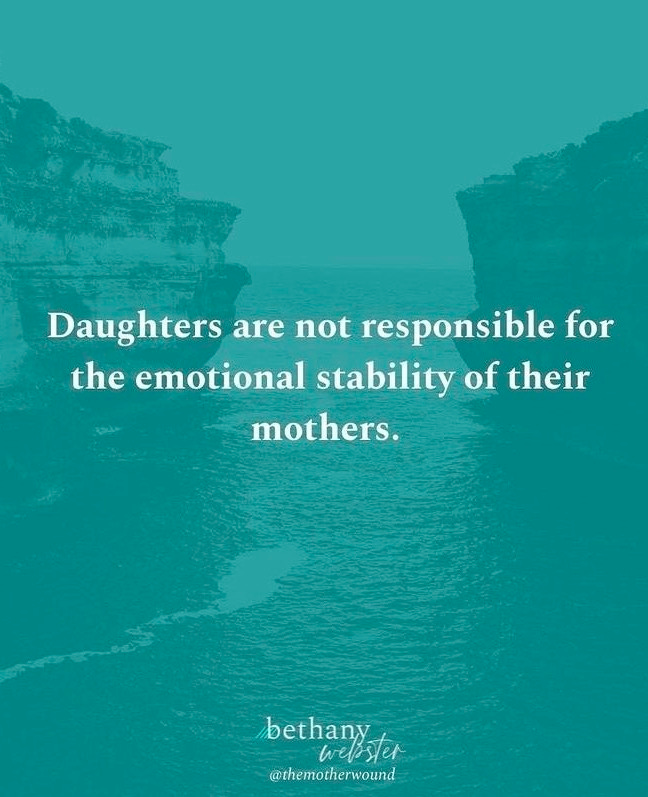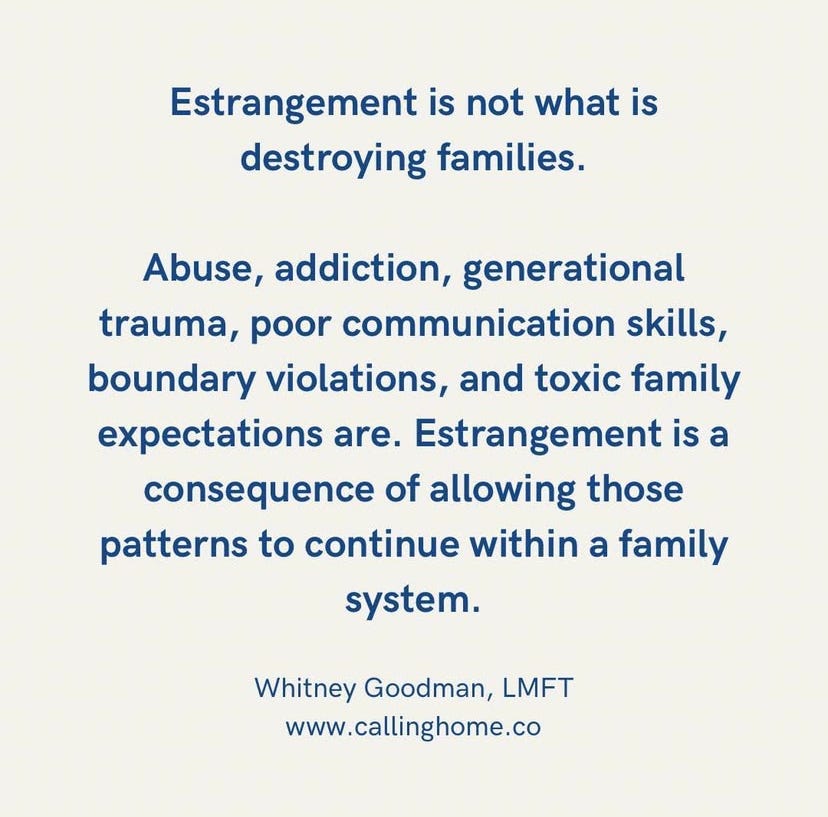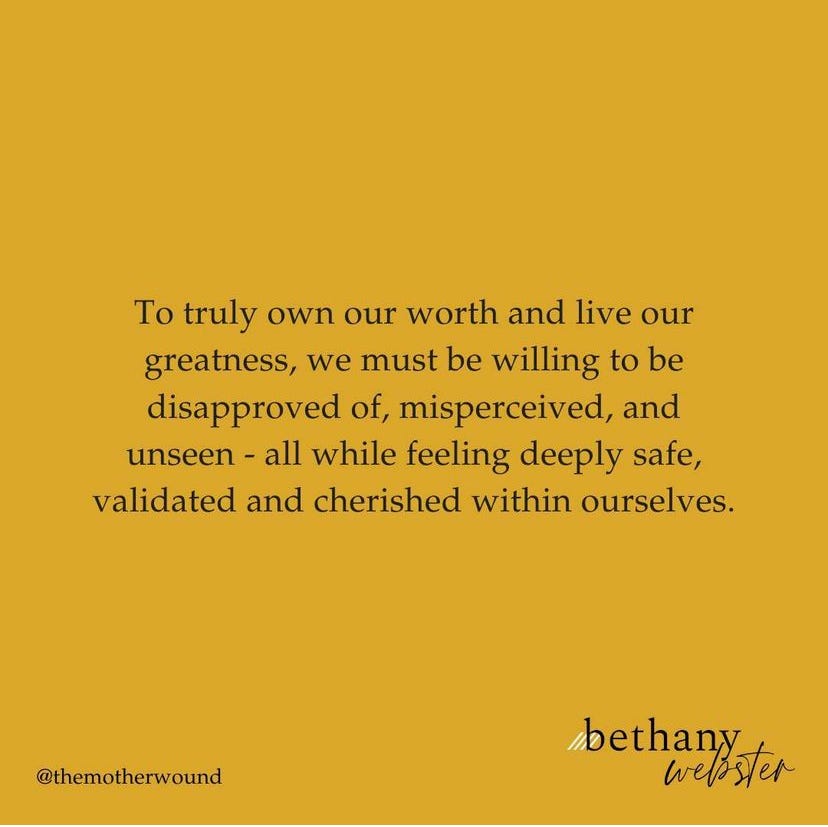Growing up, the idea of an accident, mishap or misunderstanding were all notions that did not exist in my universe. Whether it was spilling milk, or not giving the ‘right’ advice, my mother would blame me for her misfortunes. No incident could pass without someone being found guilty and paying for it. That included the death of my father, for which she held me accountable for. The so-called crimes I committed would ignite a sentence of pure fury and outrage that would last hours. I’d be screamed at, called names and made to feel completely worthless and unlovable. Nothing I did was right, and nothing was ever my mother’s fault.
I was five years old when my dad died and five years old when my mother blamed me for his death. Not long before he passed, I accidentally broke a mirror. My actions had apparently caused him to die and cursed our family with seven years of bad luck. I was distraught. I stood still, processing the words “your fault”, before running to my bedroom to find a corner to curl up in and cry.
I believed every word she said for a very long time.
The weight of my dad’s death was excruciating to live with. I couldn’t bear to hear my mum remind me of the ‘facts’ that it was my fault my dad died. Despite my internal suffering, I did my best not to show it. To show sadness evoked a deep anger within my mother, which resulted in a rage which would often sound a little like this;
“What are you so upset about then? You’re not the one who's been left with two children to raise all by yourself. You’re just a child with nothing going on and nothing to worry about. I’m the one who has to pay all the bills, go to work and sort you out all the time, all on my own.”
Blame Game
The notion of blame was not unique to just my father’s passing. My mother held me accountable for situations far out of my control, including her abusive boyfriends and troubles at work. They were all my fault. Problems caused by my existence and the curse. Even though I couldn’t understand how exactly I was to blame, I wholeheartedly believed everything she told me. Why would I doubt or question her? She was my mum, my flesh and blood and surely she only wanted the best for me - even if it didn’t really feel like that.
Her words hurt so much and her rants would always take me by surprise, often lasting for hours at a time. I’d freeze on the spot trying to process what she was saying, while wondering how it went from me walking into a room, to now being screamed at about the multiple things I’d done wrong.
She made me feel as if I didn’t care about her, when in reality she was my number one priority. I felt guilty that she was a single mum and had to look after me. I couldn’t wait to earn money and take care of myself so that she didn’t have to worry about me. I’d imagine that when that time came, she would feel less stressed and she would love me.
“Children of narcissists are most vulnerable to being shamed because they are unformed beings who naturally love their parents and look to them for caregiving, validation of self, and a sense of identity. A shamed child often carries false and deeply damaging self-beliefs for decades, if not a lifetime.”
Julie L. Hall, The Narcissist in Your Life, Recognising the Patterns and Learning to Break Free, pg 100
My belief in the idea that I was to blame for all my mum’s problems, along with the associated accusations, made me question and doubt myself. I became worried that I clearly did so much wrong, but I had no memory of what I did - what was wrong with me? How could that be? I became extremely self-conscious and would panic about offending people without realising.
I did my best to be ‘good’. I tried my hardest to fix any problem my mum had, but I'd fail every time. Nothing I did was good enough and if she did take my (child) advice, there would be more arguments when my suggestions hadn’t solved the problem.
Shattered self-esteem, self-confidence and self-love
Worthlessness is the only way I can really sum up how I felt, not just as a child, but for decades after my dad passed and that first memory of being blamed.
As time went on and as I got older, I did challenge her words and actions, only to be immediately disarmed by her immediate rage and defense; “oh, because you’re so perfect Chloe. You on your high horse.” This was a common response, before listing all the ways in which she had suffered in her life and all the problems I had caused her. Those challenges would leave me crying for days and feeling depressed.
I never ‘won’ the argument, which seemed to become my mum’s sole purpose of any conflict, that and being able to blame me for whichever misfortune had annoyed her the most that day. She would always be the victorious victim, and I would always be blamed and required to say sorry.
Why do I share all of this?
As I grieve the passing of my mum, I’ve been forgetting the reality of what life was like with her. To forget the reality of my interactions with her, means I forget why I made the decisions I did, such as going no contact with her. To forget, creates an unbearable guilt and a downward spiral of depression. I never want to be in that dark place again. I refuse to spiral.
In remembering and sharing the hard times, I remind myself that I only ever tried my best with her and in the end, I chose me and my family. At that time, I felt there was no other way forward, but to cut ties with her and work on building self-confidence and feelings of self-worth. I couldn’t at that time see how I would be able to improve my mental wellbeing or be the mother I wanted to be for my own children, while still being subjected to her endless criticisms and temper.
I wish that hadn’t been the outcome, but I can not change our history or the past.
“I did the best I could with what I knew”
In remembering and sharing the hard times, I am showing myself (especially my inner child) much needed love, grace and forgiveness. Too often, my mind will play tricks on me or only allow me to look back on my relationship with my mum through her lens. To do that makes me a villain. To do that doesn’t accurately display my intent. My intentions were never to hurt my mum, as were implied through her words and actions. I only ever wanted to be there for her. To be loved and liked by her. I did the best I could with what I knew. The reality is that I was not to blame for my mother’s problems, or my dad’s death. I tried my best everyday to help her in the way that I knew and was capable of.
Two things can be true at the same time
In remembering and sharing the hard times, I don't aim to portray her as the ‘bad guy’ either. I feel guilty every time I write something unpleasant about her, because she was more than just my experience of her; however these words are my reality. The events I described happened to me and stayed with me for many years. They are the unseen scars I carry, or carried.
Before grieving my mother’s death, I was able to look back at this time with a new perspective. From the perspective of an adult. I understood that my mother was both emotionally abusive as a parent, but could be loving and thoughtful to others. My mother could be cruel to me, even though she had experienced a similar relationship with her own mother. My mother was in such agony over how her own mum treated her, and all she endured, yet she couldn't see that she did the same to me. I will always have empathy for my mum’s own history, however that does not justify the way in which she treated me.
I will equally not forget what she put me through, although I will always love her and wish that our relationship had been so different. I will always have empathy for aspects of her life, even though she couldn’t display empathy for mine.
Although I know logically I am not to blame for many situations she held me accountable for, there is a part of me that can not stop wanting to say sorry over and over again for not being the daughter she wanted me to be and for all my mistakes I have made in life. I am not perfect, as she claimed I thought I was. Her perception of how I thought about life, her and myself, couldn’t have been further from the truth.
Can you relate?
I also share this, because it can make the biggest difference to read something you relate to. I will never forget the first time I read an account of a daughter with a narcissistic mother. Finally, I wasn’t alone. Someone understood.
I also share this for anyone who doesn’t have a narcissist in their lives, but can relate to not being seen or heard in the way in which you intend, or in a way which feels like you. My mother treated me like a villain who was always out to get her, when my reality was the complete opposite. To have her see and treat me in that way, when I repeatedly only ever tried to be loving and supportive, was heartbreaking and frustrating. To always try your best, but told it is never good enough; those feelings can have a huge impact on your whole being. She saw me as someone that does not look or sound the same as how I feel.
Reflect, name and acknowledge
While I can't change the past or how I felt during both my childhood and young adulthood, it does feel incredibly empowering to be able to look back on my relationship with my mum and recognise that I was not to blame.
This applies to when I'm having a ‘good’ day. There are still times when I slip into old habits, and blame myself for everything that went ‘wrong’ for my mum and for not being the person she wished I was.
While reflecting on the past can be filled with anger and tears, I am grateful to reach a place (more often than before) where I feel able to do this. I have learnt to show myself love and kindness. I have learnt that I am allowed to have emotions and I am allowed to have emotions other than happiness. While it may sound counterintuitive, giving myself the permission to feel the hurt and name the hurt (after many tears) has left me feeling lighter and… happier.
Processing emotions
Being able to process the emotions I was told not to show became too much to hold in. They needed processing and releasing so that I could move on and live a happy life. While I am still working through all I have experienced and the grief I’m still experiencing, I wanted to share this too, because my stories aren’t all depressing.
In fact, being able to share this is a huge sign of my own growth and acceptance. Being able to work through the anger, resentment and sadness I’ve carried for so long, is a gift I’ll be forever grateful for. Being able to reflect, name and acknowledge the true relationship with my mum has given me a newfound clarity I'll be forever grateful for, too. A clarity that brought me out of the grey fog I was living in for a very long time. It has allowed me to see I wasn’t to blame and I am not a bad person. I am human.
Hope
I never thought I'd be able to forgive my mum for all the pain and hurt, however that is slowly becoming my new reality. Just about. That feeling is very new and one I will keep exploring. What I do know, is the anger I once had is subsiding, although pain and sadness remain and their intensity comes in waves.
Some days I am able to simply reflect and acknowledge all that was. Other days I feel a little stuck on a particular memory or emotion.
Just one more thing
Writing has always been a type of therapy for me. Sharing my experience helps me heal and so I would like to thank you for being here and for your part in helping me heal. It would make me beyond happy, if my experiences can help just one other person feel less alone and hopeful.
Thank you for reading,
Chloe x









You having empathy for her and still knowing that she couldn’t give empathy to you, is a beautiful form of self awareness I wish more people have. It took a lot of work the get there and I’m thankful that you can view her in this way! This brought so many memories of my grandmother and her relationship with my mom. Thank you for sharing!
Dear Chloe
Very cathartic, you needed to write this piece to help you heal, so sad you went through all of this, l wish I had known, you were not responsible for the death of your father!!